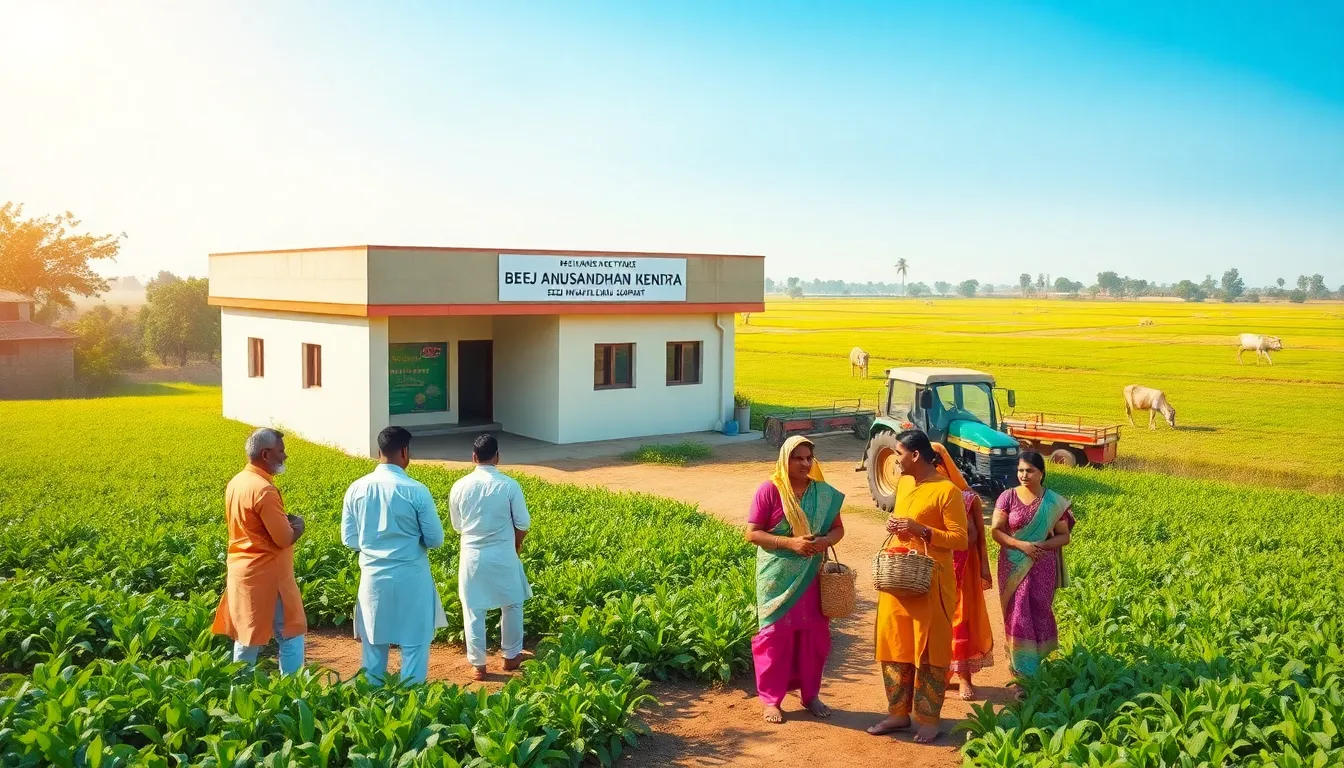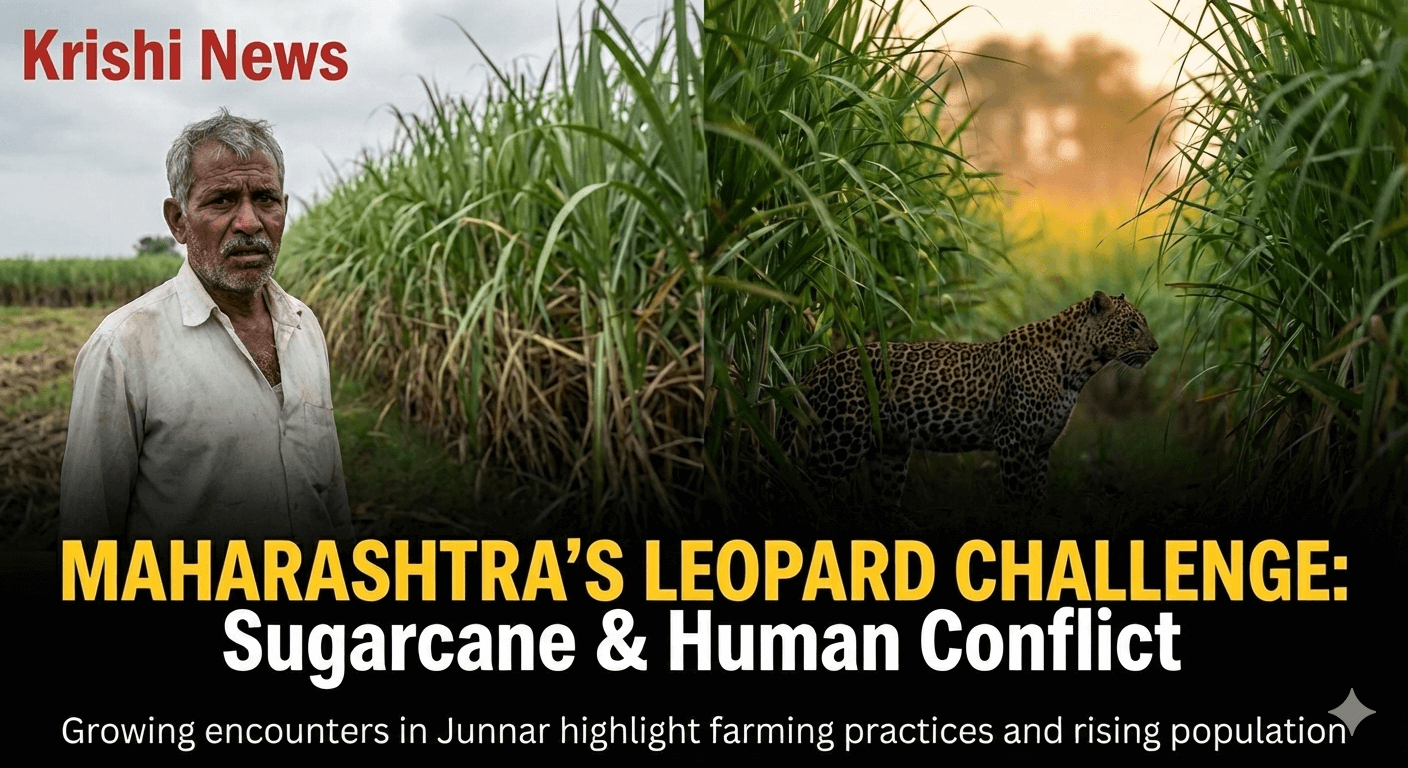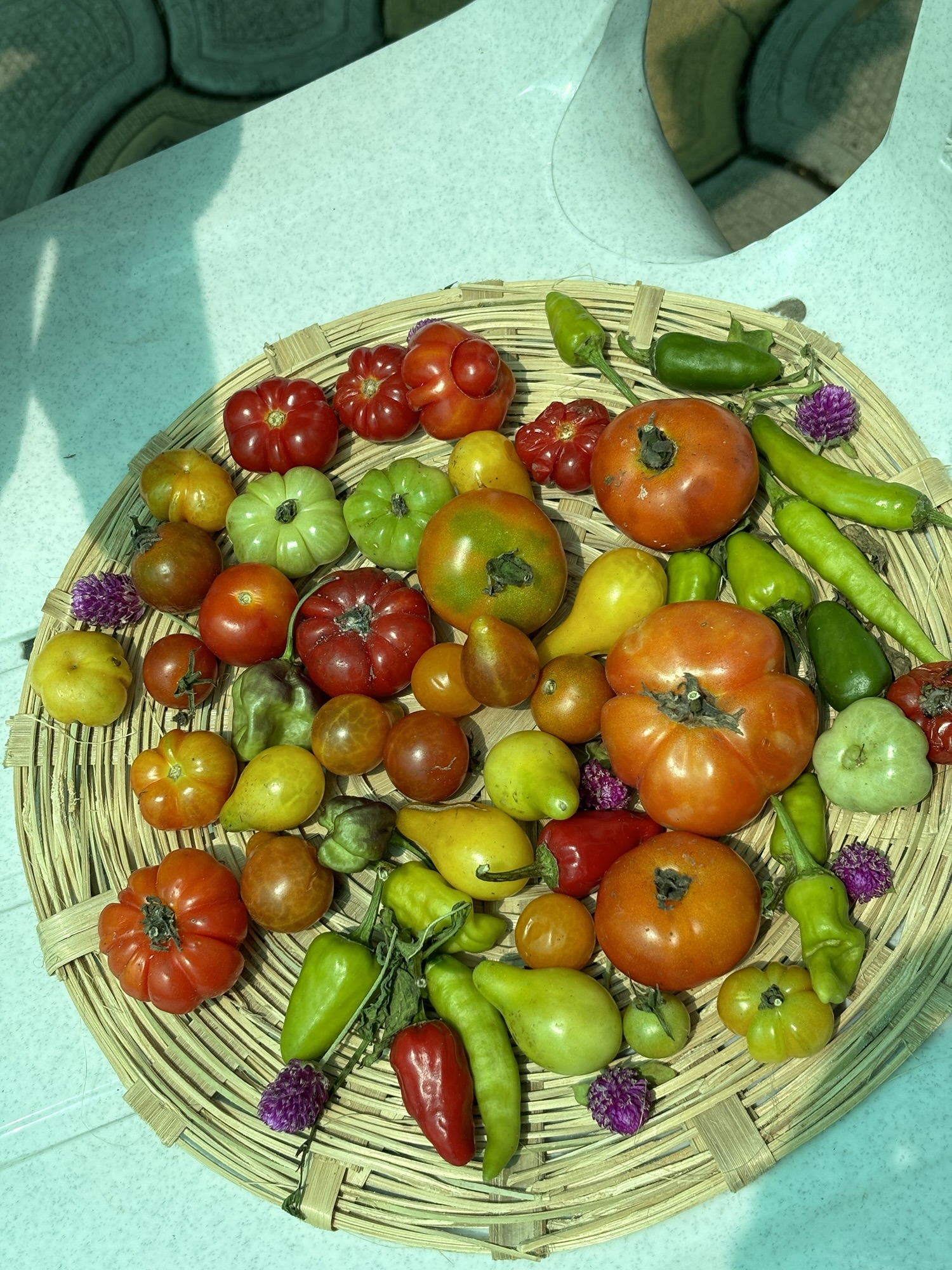Gujarat is about to see a significant boost in agricultural research with the establishment of the Beej Anusandhan Kendra (BAK). This new research center aims to enhance seed development and promote sustainable agriculture. A formal Tripartite Service Agreement was signed on June 3, 2025, between three key organizations: the International Crops Research Institute for the Semi-Arid Tropics (ICRISAT), the Indian Farmers Fertiliser Cooperative Limited (IFFCO), and the Bhartiya Beej Sahkari Samiti Limited (BBSSL).
The collaboration represents a vital step in strengthening India’s seed innovation ecosystem. The agreement aims to address the needs of farmers through coordinated scientific expertise and cooperative outreach. Previously, ICRISAT and IFFCO had signed a Memorandum of Understanding (MoU) to deepen their collaboration, and this new agreement includes BBSSL as a key partner.
ICRISAT will serve as the Knowledge Partner for the project. They will prepare the Detailed Project Report (DPR) for the Beej Anusandhan Kendra, defining its technical specifications, core functions, design framework, and long-term strategy. With global expertise in agriculture and crop science, ICRISAT aims to ensure that the center meets the scientific and practical needs of Indian farmers.
IFFCO will handle the construction of the center, while BBSSL will operate it. This partnership combines the strengths of all three organizations. IFFCO has decades of experience in working with farmer cooperatives across India. BBSSL brings its knowledge in seed quality and sustainable practices, ensuring the center is both well-designed and efficiently managed.
The Beej Anusandhan Kendra is envisioned as a hub for enhancing the quality and accessibility of seeds. It aims to integrate advanced seed research with India’s cooperative frameworks. This will help ensure that the outcomes of the research reach a wide base of farmers, particularly those in semi-arid and resource-limited regions.
The partnership is designed to align scientific expertise with grassroots needs. By doing so, it aims to ensure that seed research translates into real improvements for farmers. This model of collaboration seeks to contribute to the long-term sustainability of agriculture in India.
This agreement marks an important milestone in agricultural research. It provides a structured pathway for innovation, outreach, and empowerment within the Indian farming landscape. The integration of research infrastructure, cooperative strength, and technical knowledge aims to improve agricultural productivity and seed quality while helping to increase farmer incomes.
Dr. Himanshu Pathak, Director General of ICRISAT, stated, “The BAK represents a convergence of science, cooperation, and grassroots action. ICRISAT is committed to delivering a world-class blueprint that will enable this center to become a hub for seed innovation and farmer empowerment.”
Yogendra Kumar, Chairman of BBSSL and Director at IFFCO, emphasized the importance of this partnership. He noted that the Beej Anusandhan Kendra is a landmark step in supporting Indian agriculture with high-quality seeds and advanced research infrastructure.
Chetan Joshi, Managing Director of BBSSL, expressed confidence that this facility will benefit millions of farmers across the country. He highlighted the strong cooperative leadership of IFFCO and the technical expertise of ICRISAT as key components of this initiative.
In summary, the establishment of the Beej Anusandhan Kendra in Gujarat is a promising development for Indian agriculture. It brings together global research expertise and local cooperative strength to empower farmers and promote sustainable agricultural practices. The center is expected to play a critical role in enhancing seed innovation and improving the livelihoods of farmers in the region and beyond.





